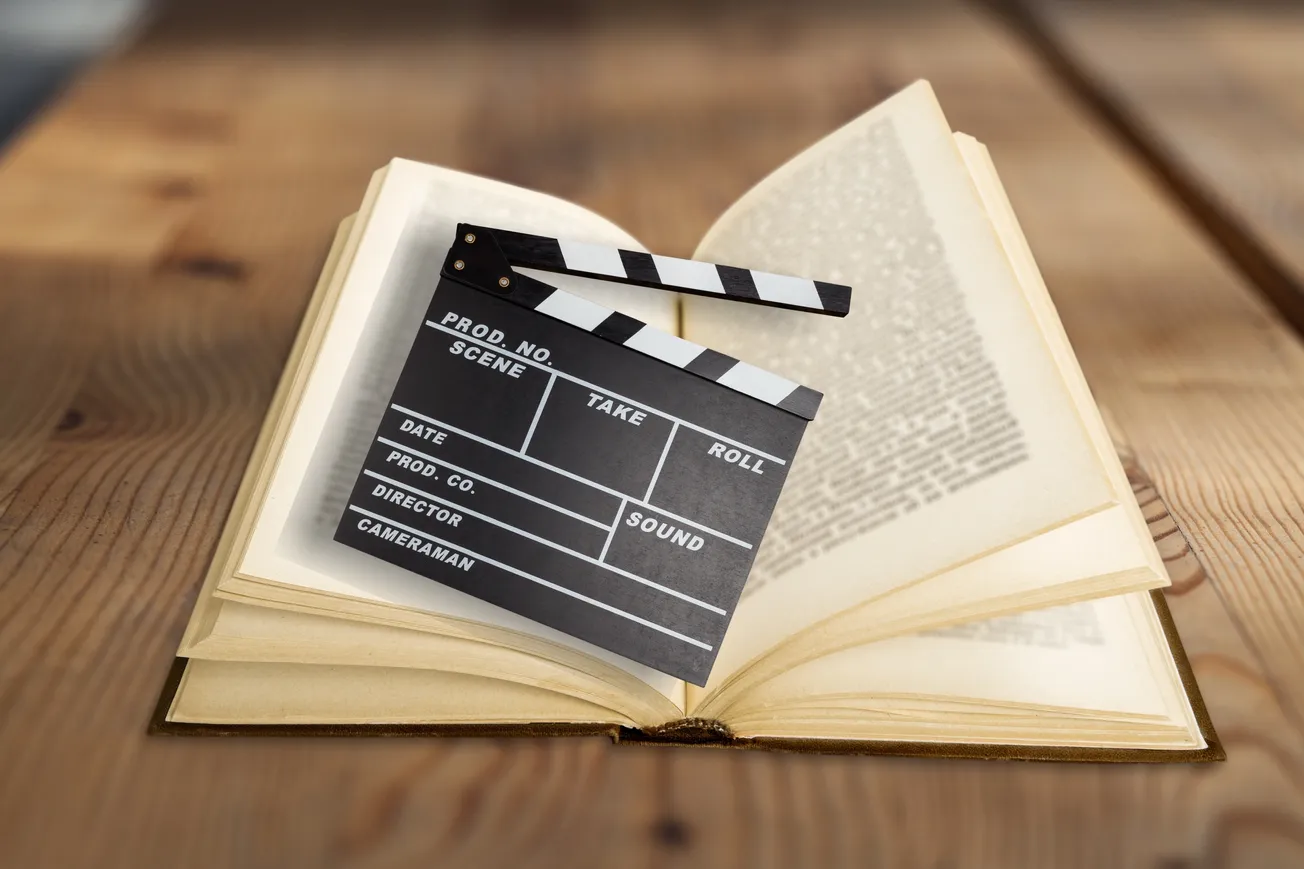The growing trend of podcasts being adapted into various forms of media, including TV shows, films, and books, underscores the flexibility and creative potential of the podcasting format.
Many successful adaptations have emerged, driven by strong storytelling, pre-existing fanbases, and the ability to translate well into other visual or narrative forms into a significant player in multi-format media production.
Several examples illustrate the depth and variety of these adaptations. For instance, Dirty John is a popular true-crime podcast produced by Wondery, which was successfully adapted into a television series in 2018. This psychological thriller captured audiences both in its audio format and in its Netflix adaptation, where Eric Bana and Connie Britton brought the story to life.
Similarly, Homecoming, a fictional podcast produced by Gimlet Media, became a half-hour TV drama starring Julia Roberts. Its complex, non-linear narrative, involving a mysterious government program, worked well in both audio and visual formats.
The investigative podcast The Dropout tells the gripping tale of Elizabeth Holmes and the rise and fall of her biotech company, Theranos. This podcast, hosted by ABC's Rebecca Jarvis, was turned into a critically acclaimed Hulu series, with Amanda Seyfried's portrayal of Holmes receiving widespread praise.
Another fascinating example is Lore, a horror podcast that explores urban legends and folklore. It was adapted into a TV series for Amazon Prime, maintaining its anthology format to deliver visually compelling re-enactments of historical events and creepy tales.
Not all adaptations are crime or horror-based. Comedy podcasts have also found success in transitioning to television. 2 Dope Queens, a comedy podcast hosted by Jessica Williams and Phoebe Robinson, was adapted into a series of HBO specials. This format allowed the hosts to bring their live podcasting style, featuring diverse comedians, to a broader audience through a televised medium.
The shift of podcasts to screen or print is not just limited to fiction or crime. For instance, Song Exploder, a podcast where musicians break down their songs and creative processes, was adapted into a Netflix series. This move translated the podcast's intimate, audio-centric interviews into a visually rich experience that offered viewers a glimpse into the music-making process.
Podcasts have also been turned into books.
Stay Sexy & Don’t Get Murdered by Karen Kilgariff and Georgia Hardstark is based on their hit true-crime podcast My Favorite Murder. The book blends humor with serious topics, offering personal stories from the hosts about mental health, self-advocacy, and their lives, alongside reflections on true crime cases. It quickly became a bestseller, resonating with fans of the podcast who enjoyed the duo’s candid and irreverent style.
Alice Isn’t Dead by Joseph Fink, based on the podcast of the same name, follows Keisha, a truck driver searching for her missing wife, who is believed to be dead. The book expands on the eerie, surreal elements of the original podcast, with a compelling narrative involving dark conspiracies and supernatural threats. This adaptation has also been in talks for a television series.
The Moth Presents: All These Wonders is a collection of true stories that originated from The Moth podcast, known for its live storytelling events. This book brings together some of the best stories from the show, which covers a wide range of topics from personal growth to life-altering moments. The podcast’s focus on the raw, unscripted storytelling translated well into print, allowing these narratives to reach an even broader audience.
These podcast-to-book adaptations show how podcasts can extend their reach into new mediums, while still maintaining the core elements that made them successful in audio form.
Comparing these podcast-native adaptations with radio-based media adaptations highlights distinct creative trajectories. While radio shows like This American Life have also transitioned into TV series and films, their storytelling often draws on the long-standing tradition of human-interest journalism and documentary narratives. Podcasts, in contrast, tend to experiment more with immersive storytelling, blending investigative journalism with fiction or delving into highly serialized, character-driven narratives.
Radio shows traditionally embraced episodic storytelling or live broadcasts that were tied to real-time events. Meanwhile, podcasts have embraced on-demand, serialized storytelling, which allows for deep dives into characters and narratives over time. This format has lent itself to complex adaptations that span multiple episodes or films, as seen in adaptations like The Shrink Next Door and Joe vs. Carole, which evolved from podcasts into popular TV shows.
The adaptation of podcasts into other media forms is a reflection of the unique storytelling opportunities that podcasts offer. Unlike radio shows, which were often confined to live or episodic formats, podcasts have the freedom to explore serialized, in-depth narratives. These adaptations provide a bridge between the immersive audio world and the visual or textual storytelling of television and books, while also attracting a loyal fanbase from one medium to another. The future of podcast adaptations looks bright, as more stories find new life in these diverse formats.







